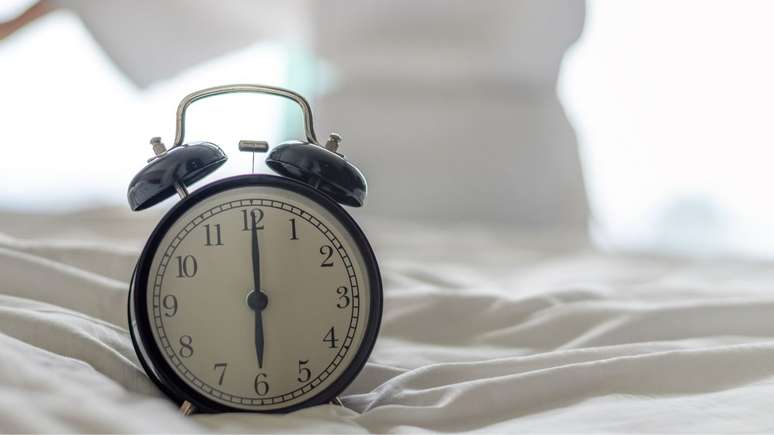How does the biological watch of our body work? Understand its importance in routine
Have you ever noticed how hunger appears near lunchtime or how sleep intensifies at night, even without doing anything exhaustive? These sensations do not appear by chance. They are orchestrated by an internal system called biological clock or, in scientific terms, circadian rhythm.
Present in all living beings, this cycle of about 24 hours regulates the vital functions of the body, such as sleep, appetite, body temperature, heart rate, production of hormones, concentration and mood.
An invisible conductor
In an interview with BBCthe teacher Russell FosterSpecialist in circadian neuroscience from Oxford UniversityHe explained that this biological watch acts as director, coordinating the operation of billions of cells in perfect synchronization with day and night.
Located in the brain, more specifically in the suprachiasmatic nucleus of the hypothalamus, the main clock receives information from the environmental light through the retina. Therefore, regulates the whole body to operate according to the natural cycle of the earth.
Not so punctual
Although we are talking about 24 hours, the studies show that our internal cycle actually has an average of 24 hours and 11 minutes. This is where the sunlight comes into play: “erase” our watch every day, keeping synchrony with the outside world. Without this exposure to natural light – as for those who work at night or suffer from sleep disorders – the body tends to mislead, accumulating minutes of delay that combine sleep, hunger and arrangement.
Why is this important?
More than checking the times, the circadian rhythm anticipates the events. For example, before dawn, the body begins to produce cortisol to wake up. At night, the release of melatonin, the sleep hormone begins. The same logic applies to hunger hormones. Grelin, which stimulates appetite, increases before meals. Leptina, which reports satiety, reaches its peak around 2 in the morning, preventing the hunger from disturbing sleep.
When we do not respect this cycle (sleeping badly, they eat in irregular times or living “out of time”), the effects appear. Moor changes are observed, weight gain, constant fatigue and an even greater risk of diseases such as diabetes, depression and heart problems.
Wellness guide
Your body knows the time to rest, nourish, create and even silence. Listening to it is a profound form of self -care. For this, some suggestions to respect the internal time can be applied in everyday life:
- Enjoy natural light in the morning;
- Avoid using screens before going to bed;
- Establish the periods of sleep and wake up regularly (even on weekends);
- Keep the body active with the exercise;
- Prepare meals in similar times every day;
- Practice moments of relaxation at twilight.
Source: Terra
Ben Stock is a lifestyle journalist and author at Gossipify. He writes about topics such as health, wellness, travel, food and home decor. He provides practical advice and inspiration to improve well-being, keeps readers up to date with latest lifestyle news and trends, known for his engaging writing style, in-depth analysis and unique perspectives.





![It All Begins Here: What’s in store for Monday 27th October 2025 Episode 1293 [SPOILERS] It All Begins Here: What’s in store for Monday 27th October 2025 Episode 1293 [SPOILERS]](https://fr.web.img6.acsta.net/img/41/39/413989e0bd493a6d9c6b47c276d6bcf1.jpg)


